General view of the conference room at the European Summit in The Hague on 1 and 2 December 1969
About
The 50th Anniversary of the Werner Report
As we mark the 50th anniversary of the Werner Report, it is well worth analysing the role of Economic and Monetary Union at a time of uncertainty as to the wider European project, via an interdisciplinary approach that draws on historical and archive research and takes into consideration the theoretical debates in the literature and the various methodological challenges.
We will begin by looking at the modernity of the Werner Report, which proved to be a blueprint for Economic and Monetary Union; several of its recommendations are still on the agenda today.
Through the collaboration between Robert Triffin, Jean Monnet and Pierre Werner as reflected in the archives, we will highlight the key role of various figures, networks and institutions in monetary unification and in shaping Economic and Monetary Union. We will then take a closer look at how Economic and Monetary Union created the monetary, financial and fiscal stability that Europe needed to overcome periods of difficulty such as the global financial crisis and its repercussions.
Organisers
Luxembourg Centre for Contemporary and Digital History (C²DH)/University of Luxembourg, in cooperation with EUI Florence (The Pierre Werner Chair Programme on Monetary Union), Robert Triffin International (RTI) and the Jean Monnet Foundation for Europe (FJME), and with the support of the Robert Schuman Initiative for European Affairs (RSI), the Europe Direct Information Centre at the University of Luxembourg (EDIC), the Banque centrale du Luxembourg (BCL), the European Investment Bank (EIB), the European Stability Mechanism (ESM), the Historical Archives of the European Union (HAEU), the Bridge Forum-Dialogue (BFD) and the Fondation du Mérite Européen (FME).
Impressum
This website is the result of an interdisciplinary project using state-of-the-art methods for the digital processing and presentation of historical content. The project was coordinated at the C2DH by the following specialists: Ori Elisar, Daniele Guido, Robert Beta and Lars Wieneke (infrastructure), Elena Danescu (content), François Klein (audiovisual resources) and Sarah Cooper (linguistic aspects).
Organisers

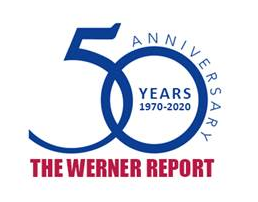
Academic programme and organisation:
Dr Elena Danescu (Coordinator), Luxembourg Centre for Contemporary and Digital History (C²DH) / University of Luxembourg
Our Partners
With the support of the Robert Schuman Initiative for European Affairs of the University of Luxembourg

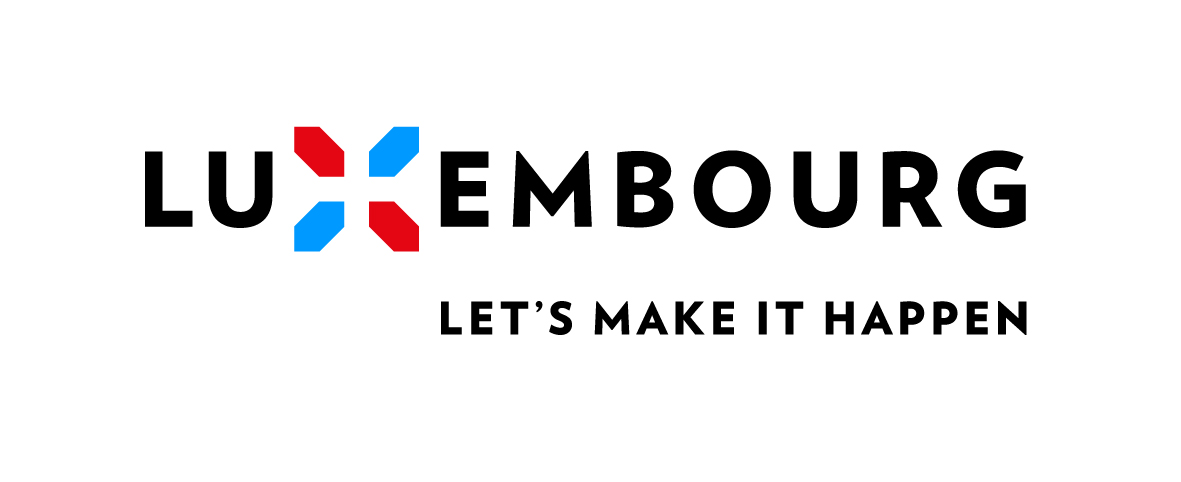
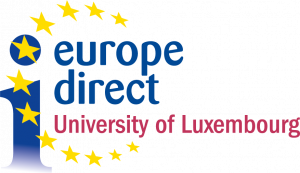








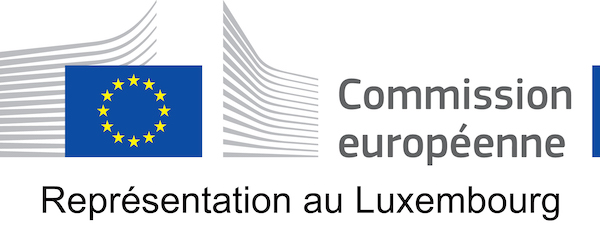

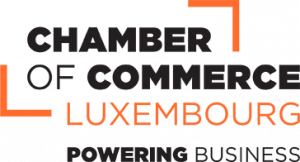
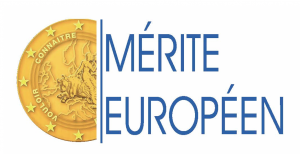
![logo_Luxembourg_Times_CMJN[2]](https://wernerreport50.uni.lu/wp-content/uploads/sites/173/2020/09/logo_Luxembourg_Times_CMJN2.png)